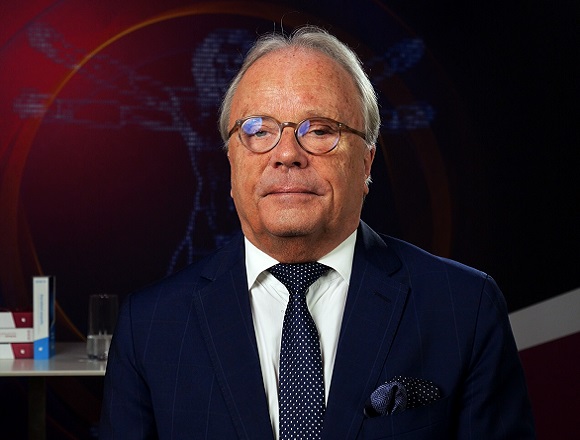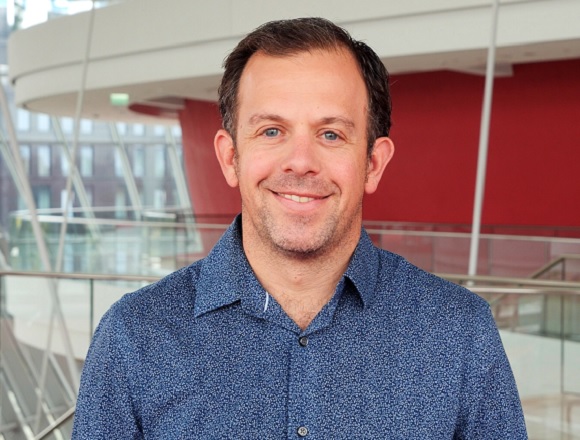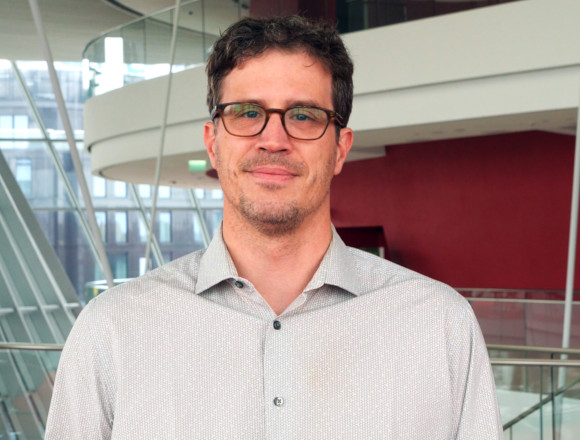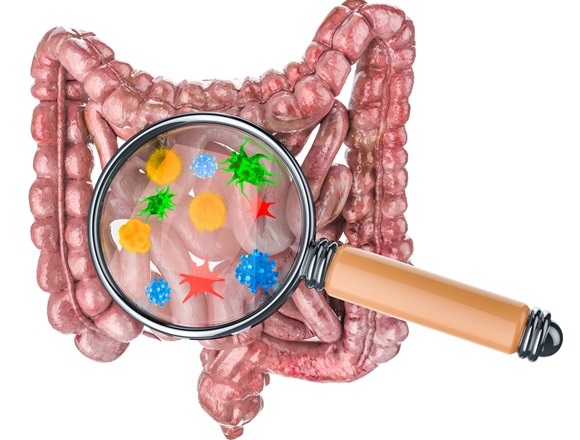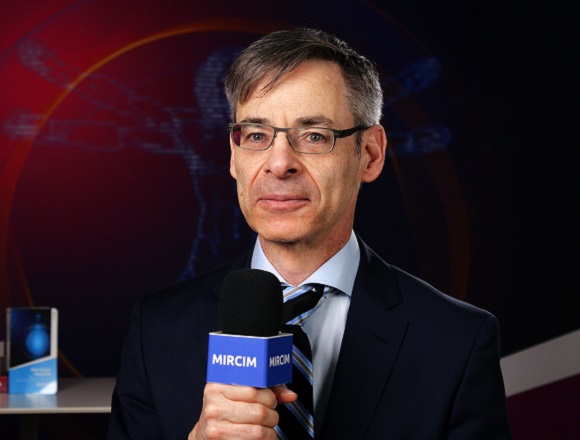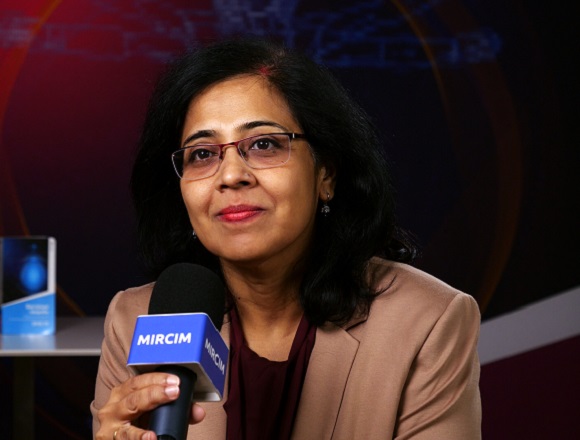Mark Loeb, MD, MSc, is a professor in the Department of Pathology and Molecular Medicine and Department of Clinical Epidemiology and Biostatistics and director of the Division of Infectious Diseases at McMaster University.
Following severe acute respiratory syndrome coronavirus 2 (SARS-CoV-2) infection, many people develop long COVID with various clinical manifestations. What is known about the etiology and pathogenesis of long COVID? Is the mechanism similar, to, for example, chronic fatigue syndrome after other infections? Is it possible to shorten the duration of long COVID symptoms?
The answer to that question is that there are many proposed theories about what causes long COVID, but there’s no agreement. A part of the problem is because there’s no clear definition of long COVID. If you have different definitions, it’s very hard to establish a phenotype. Because there’s not a very good phenotype, the mechanistic studies are challenged.
There have been a number of hypotheses that have been proposed, like persistence of the viral antigen, the presence of human herpes viruses, immune dysregulation, autoimmunity, perhaps the role of the microbiome, neurologic dysfunction, coagulopathy. So, you can see there are a lot of hypotheses, but it’s not clear at all if there is one that’s predominant. In terms of therapy for long COVID, there are no established therapies at this point, and, again, part of the challenge is because there’s no uniform definition.
 English
English
 Español
Español
 українська
українська

